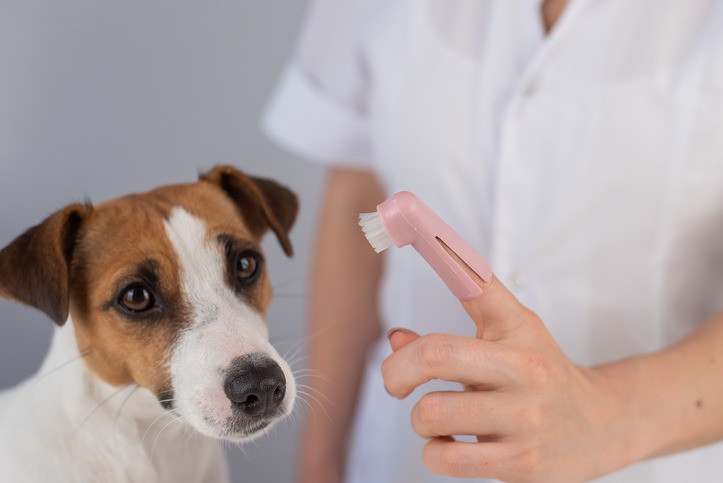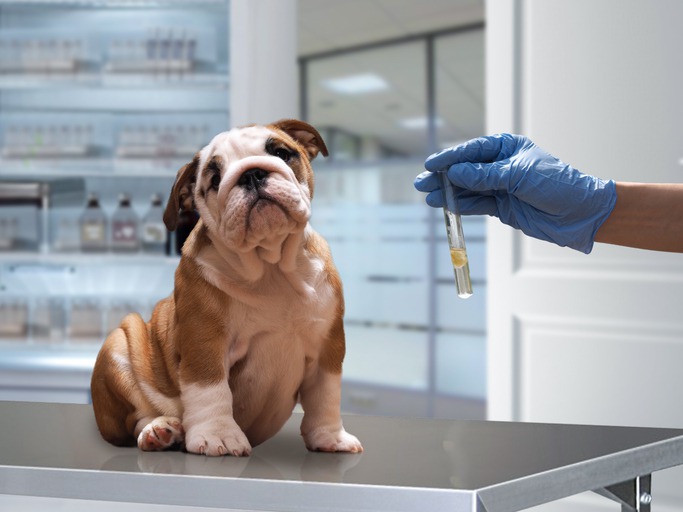Bringing a new pet home is an adventure filled with joy, excitement, and a bit of nervous anticipation. As a responsible pet parent, one of your priorities should be your new companion’s health and well-being. The question arises: when is the right time to start a wellness plan for your new pet? The simple answer is as soon as possible. However, let’s look deeper into what this involves and how it can ensure your newest family member’s happy, healthy life.
Understanding the Basics of Pet Wellness
Before discussing the timing, it’s crucial to understand what goes into a wellness plan. Typically, such a plan includes regular check-ups, vaccinations, dietary recommendations, and preventive measures against parasites and diseases. A comprehensive approach from the very start can significantly impact your pet’s longevity and quality of life. Comprehensive pet wellness care ensures your pet leads a healthy, vibrant life.
Why Early Planning Matters
Starting a wellness plan early in your pet’s life has manifold benefits:
-
Better prevention: Like human babies, young pets have vulnerable immune systems. Early vaccinations and health screenings can protect them from a variety of diseases.
-
Behavioral benefits: Early visits to the vet can help socialize your pet, making future visits less stressful.
-
Cost savings: Preventive care can head off more costly treatments for diseases that could have been avoided.
Within the first week of bringing your pet home, schedule a visit to a veterinarian. This initial check-up serves as the foundation for your pet’s wellness plan.
The Importance of Routine Check-ups
Regular pet wellness exams are essential, enabling early detection of potential health issues before they become serious. Finding localized care for residents in specific areas, such as pet wellness exams in Mandeville, ensures that your pet receives regular, thorough examinations by professionals familiar with regional health risks.
Building a Wellness Plan with Your Vet
You’ll craft a wellness plan with your vet tailored to your pet’s species, breed, age, and health status. Here’s what to expect:
-
Initial health assessment, including weight, temperature, and a physical examination.
-
Discussion of your pet’s nutritional needs and dietary recommendations.
-
Development of a vaccination schedule.
-
Preventive measures for parasites and strategies for flea, tick, and heartworm prevention.
-
Behavioral assessment and advice on training, socialization, and environmental enrichment.
Diet and Exercise
A Balanced Diet
-
Tailored Nutrition: Pets have varying nutritional needs based on age, breed, and health status. Consulting a veterinarian helps customize a diet that fulfills your pet’s unique requirements.
-
Weight Management: Proper diet helps maintain a healthy weight, reducing the risks associated with obesity, such as diabetes, joint issues, and heart disease.
-
Enhanced Immunity: A nutritionally rich diet boosts the immune system, helping your pet ward off illnesses and infections more effectively.
Regular Exercise
-
Physical Health: Exercise is critical in heart health, muscle toning, and digestion. Pets need to have a balanced exercise regimen to maintain physical well-being.
-
Mental Stimulation: Regular physical activity helps keep your pet mentally stimulated, reducing the chances of anxiety, depression, and other behavioral issues.
-
Bonding Opportunity: Exercise sessions are great for bonding pets and their owners. Engaging in activities together can strengthen your relationship and enhance mutual trust.
Combined Benefits for Overall Well-being
-
Behavioral Advantages: A well-balanced diet and sufficient exercise can lead to better behavior, as pets with fulfilled physical and emotional needs tend to display fewer signs of stress and aggression.
-
Longevity: Incorporating a proper diet and consistent exercise into your pet’s lifestyle can lead to a healthier life. Pets that are well taken care of tend to have fewer health issues and can enjoy a higher quality of life.
-
Mental Health: The combination of diet and exercise plays a significant role in a pet’s mental health. Adequate nutrition and physical activity can mitigate symptoms of anxiety and depression, making pets more resilient emotionally.
A thoughtfully planned diet and regular physical activity are pillars of a holistic wellness plan for pets. This comprehensive approach ensures they survive and thrive, enjoying a happy, healthy life alongside their owners.
Understanding Preventive Measures
Vaccinations play a crucial role in protecting pets from various diseases and conditions. For instance, cat vaccinations are crucial in preventing illnesses like feline leukemia, rabies, and distemper, which can be life-threatening. Tailoring a vaccination schedule to your pet’s specific needs and lifestyle is integral to a wellness plan.
The Role of Dental Care in Overall Wellness
Often overlooked, dental hygiene is a vital component of a pet’s overall health. Dental disease can lead to serious systemic health issues, including heart, liver, and kidney disease. Regular dental check-ups, cleanings, and at-home dental care should be part of your pet’s routine wellness plan.
When Challenges Arise
Throughout your pet’s life, you may encounter health challenges. Remember, early detection is critical. Keeping up with regular vet visits, vaccinations, and health assessments will help catch and address issues early on, reducing the duration and severity of illnesses.
Final Thoughts
Regarding your pet’s health, the best time to start a wellness plan is now. Whether you’ve just welcomed a new member to your family or are looking to reinforce your ongoing commitment to your pet’s health, a comprehensive wellness plan is crucial. Engage with your veterinarian to tailor a plan that supports your pet’s needs throughout every stage of their life, ensuring a happy, healthy companion by your side.






